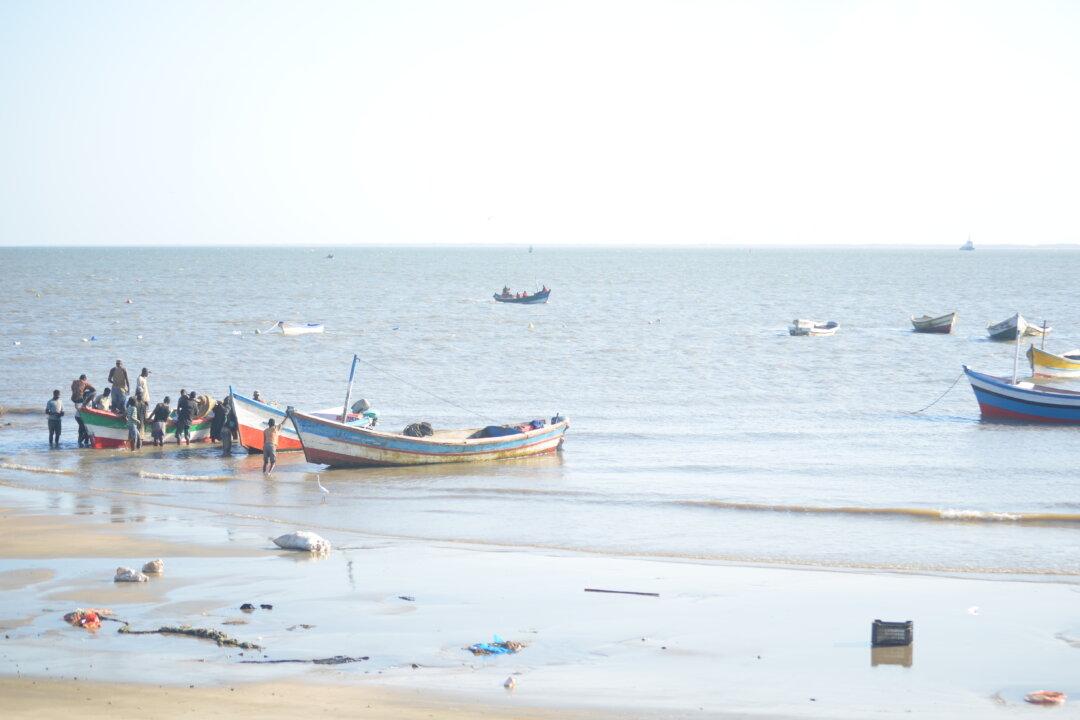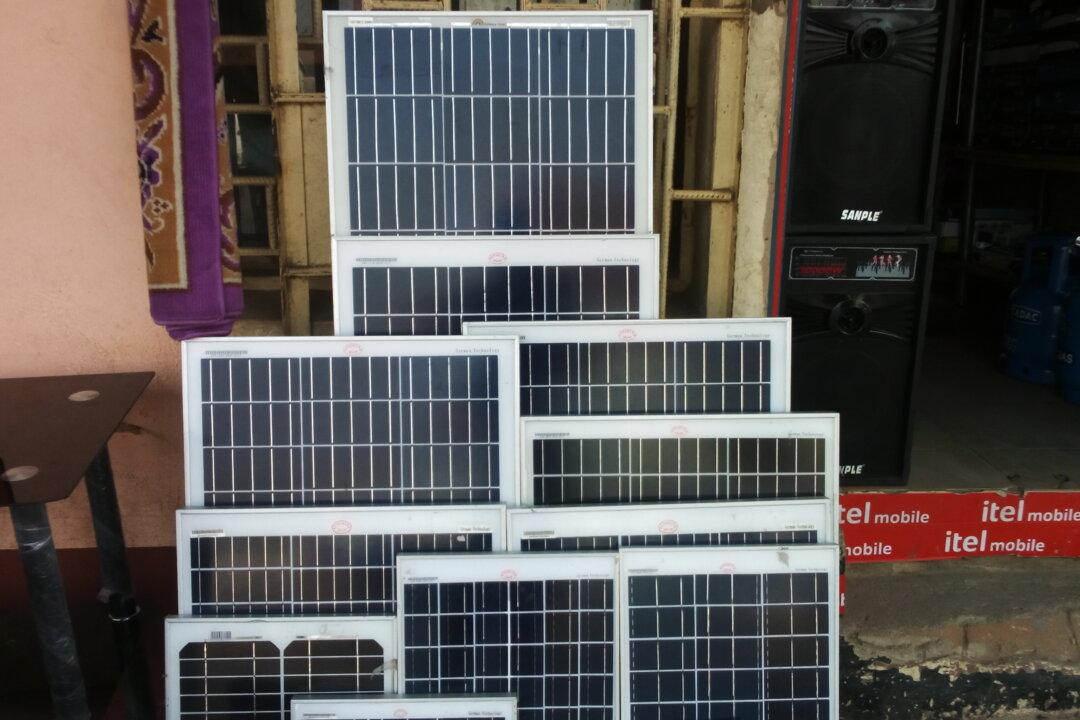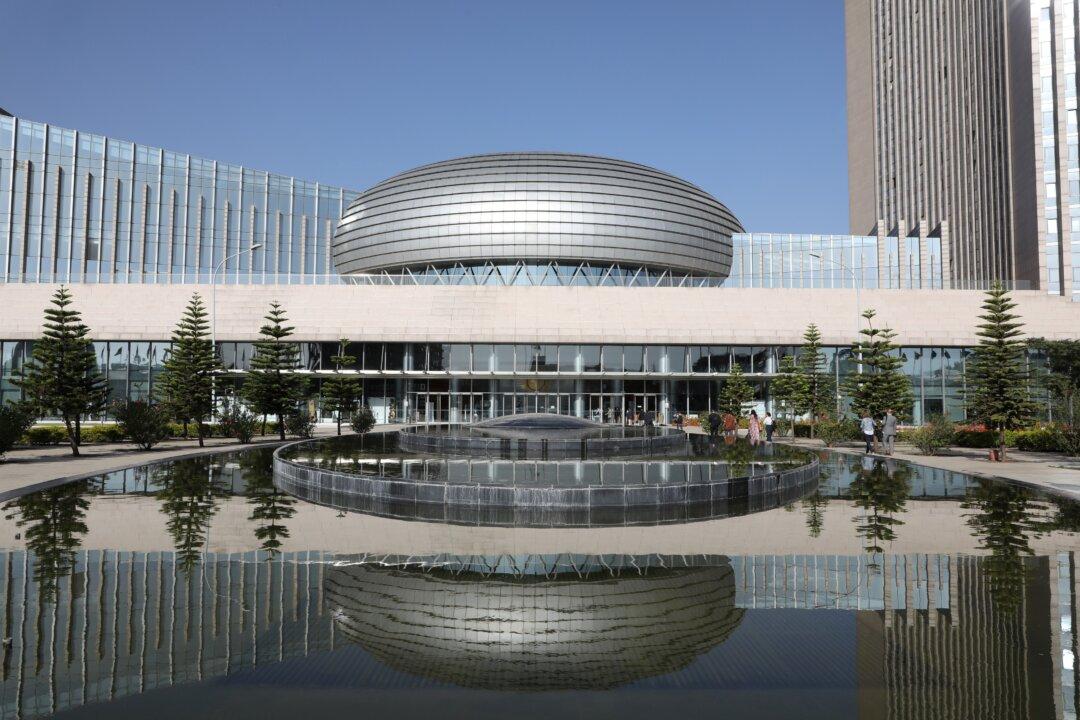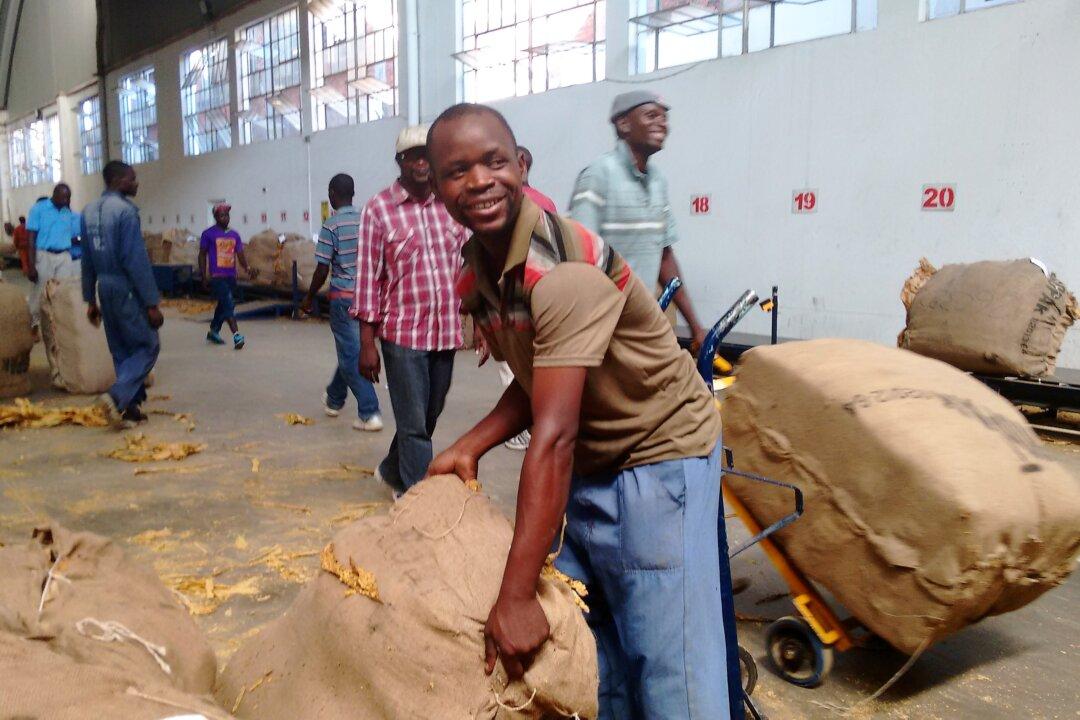MUTARE, Zimbabwe—China is pouring billions of dollars into developing Zimbabwe’s key infrastructure, but experts have expressed concern that the Zimbabwean government may not be able to repay the loans.
In April, Zimbabwe President Emmerson Mnangagwa invited the Chinese to invest in all sectors of the economy under a new comprehensive strategic partnership of cooperation.





